Putin ready to talk to Trump: Kremlin awaits signals from Washington
- Update Time : Saturday, January 25, 2025
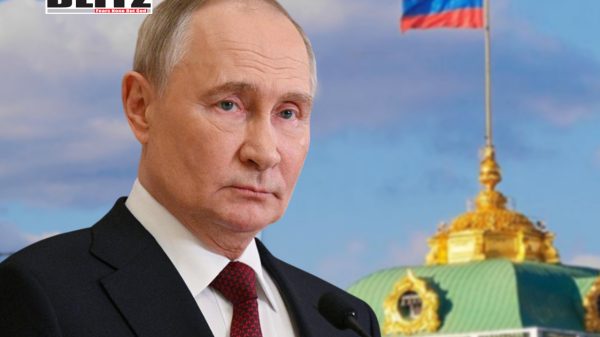
In a development that could potentially alter the trajectory of the Ukraine conflict, Russian President Vladimir Putin has expressed his readiness to engage in talks with former US President Donald Trump, according to Kremlin spokesperson Dmitry Peskov. Peskov’s statement comes in response to Trump’s recent remarks about his willingness to meet Putin “immediately” in order to address the ongoing war in Ukraine.
When questioned on January 24 about the possibility of a phone call or meeting between the two leaders, Peskov remained non-committal. “Putin is ready, we are waiting for signals. Everyone is ready. It is difficult to read the tea leaves. If something happens, we will let you know,” Peskov told reporters. This cautious approach underscores the Kremlin’s wait-and-see stance toward the incoming US administration and its potential policy shifts regarding the Ukraine crisis.
Just days after his inauguration, Trump voiced his eagerness to meet with Putin, emphasizing the urgency of ending the conflict. “Every day we don’t meet, soldiers are being killed on the battlefield,” Trump stated on January 23. The former president’s remarks signal his intention to expedite diplomatic efforts aimed at resolving the war, which has caused immense human suffering and geopolitical instability.
Media reports have hinted at a peace plan being considered by Trump’s team. The proposed roadmap reportedly includes a ceasefire along the current front lines, the establishment of an 800-mile demilitarized zone monitored by European troops, and a 20-year delay in Ukraine’s NATO membership aspirations. These elements suggest a compromise-oriented approach, aimed at reducing hostilities while addressing some of Russia’s long-standing security concerns.
While Moscow has consistently advocated for dialogue to resolve the Ukraine conflict, it has also been clear about its red lines. Russia’s Foreign Minister Sergey Lavrov has categorically rejected any proposals to “freeze” the conflict or defer Ukraine’s NATO ambitions while allowing Western peacekeepers to intervene. “The Kremlin is, of course, not satisfied with such plans,” Lavrov said.
Instead, Moscow has outlined its conditions for ending the war. These include Ukraine committing to permanent neutrality, comprehensive demilitarization, and “denazification” – terms that have drawn criticism and skepticism from Western nations. Furthermore, Russia insists that Kiev must acknowledge the “territorial realities on the ground,” a reference to Moscow’s control over parts of Ukraine, including Crimea and other regions claimed through referendums deemed illegitimate by most of the international community.
Lavrov also emphasized that any agreement must involve “reliable, legally binding agreements eliminating the root causes of the conflict.” This statement highlights Russia’s distrust of verbal assurances and its insistence on concrete guarantees, likely reflecting its grievances with NATO’s eastward expansion and the West’s perceived role in fomenting the crisis.
The potential meeting between Trump and Putin raises several questions about its feasibility and impact. For one, Trump’s approach to foreign policy has often been characterized by unpredictability, which could complicate negotiations. While his emphasis on ending the Ukraine war quickly aligns with widespread calls for peace, achieving a sustainable resolution requires addressing deeply entrenched issues, including territorial disputes, NATO’s role, and Ukraine’s sovereignty.
Moreover, Trump’s proposal for a demilitarized zone and a 20-year delay in NATO membership could face resistance from both Kiev and Washington. Ukrainian President Volodymyr Zelensky has consistently maintained that Ukraine’s future lies within NATO, viewing membership as a crucial deterrent against further Russian aggression. Similarly, key US allies in Europe may view any compromise on Ukraine’s NATO aspirations as a concession to Russian pressure, undermining the alliance’s credibility.
On the Russian side, the Kremlin’s insistence on “denazification” and recognition of territorial changes poses significant hurdles. These demands are unlikely to gain acceptance from Ukraine or its Western backers, who view them as an infringement on Ukraine’s sovereignty and territorial integrity. Consequently, even if Trump and Putin agree to meet, bridging these gaps will require extraordinary diplomatic ingenuity.
The prospect of a Trump-Putin meeting marks a stark departure from the strained US-Russia relations under previous administrations. Trump has frequently criticized the Biden administration’s handling of the Ukraine crisis, accusing it of prolonging the conflict through extensive military aid to Kiev. By contrast, Trump’s willingness to engage with Putin signals a potential shift toward diplomacy over confrontation.
However, this approach is not without risks. Critics argue that engaging with Putin could embolden Russia by legitimizing its actions in Ukraine. Additionally, any perceived concessions to Moscow could weaken US alliances in Europe, where nations like Poland and the Baltic states remain deeply wary of Russian intentions.
On the domestic front, Trump’s overtures to Putin may reignite debates about his relationship with the Russian leader, a topic that has been a lightning rod for controversy throughout his political career. Balancing these dynamics while pursuing a peaceful resolution to the Ukraine conflict will be a formidable challenge for the former president.
The Ukraine war has become a flashpoint in the broader struggle for global influence, with the West and Russia vying for dominance in Eastern Europe. For Moscow, the conflict represents a battle to secure its sphere of influence and counter what it perceives as NATO’s encroachment. For Washington and its allies, supporting Ukraine is a test of their commitment to upholding the post-World War II international order.
Amid this geopolitical tug-of-war, the possibility of a Trump-Putin dialogue offers a glimmer of hope for de-escalation. Yet, the complexities of the conflict, coupled with the deep mistrust between the parties involved, underscore the challenges of achieving a lasting peace.
As the Kremlin awaits signals from Washington, the world watches with cautious optimism. A meeting between Putin and Trump could pave the way for renewed diplomatic efforts, potentially bringing the Ukraine conflict closer to a resolution. However, the path to peace is fraught with obstacles, including divergent priorities, entrenched mistrust, and the broader geopolitical stakes.
Ultimately, the success of any dialogue will depend on the willingness of all parties to make meaningful compromises and prioritize the lives and livelihoods of those affected by the war. Whether Trump’s proposed peace plan can bridge the divide remains to be seen, but the urgency of ending the conflict has never been more apparent.


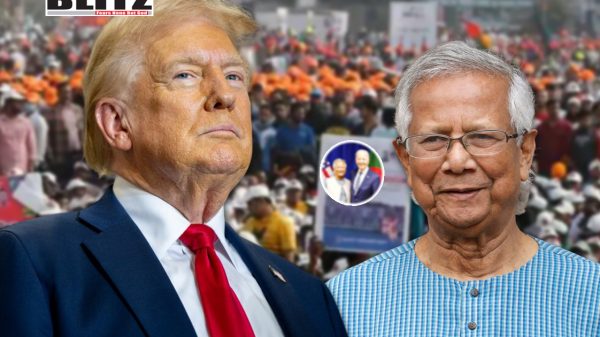
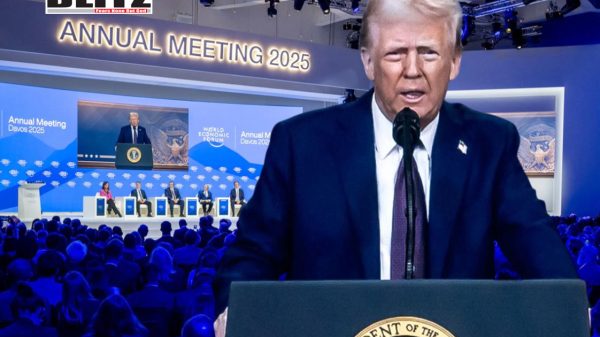
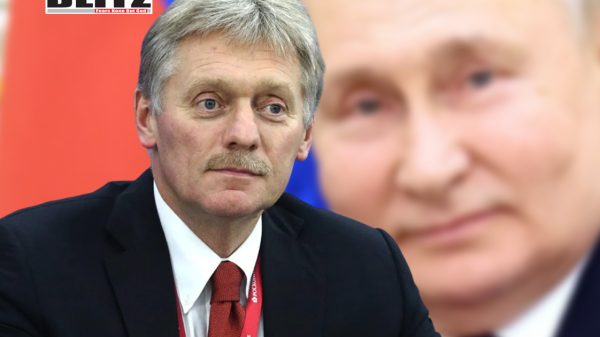
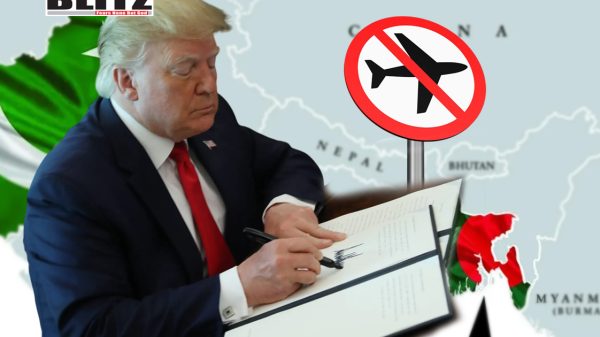
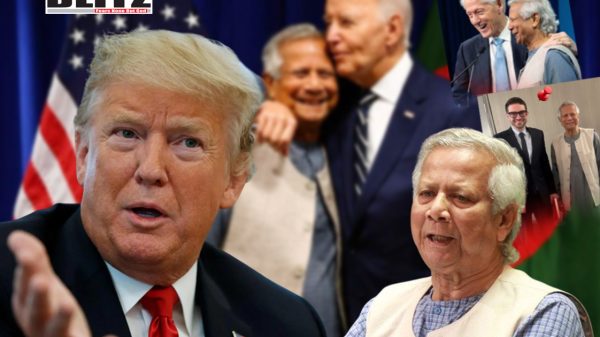
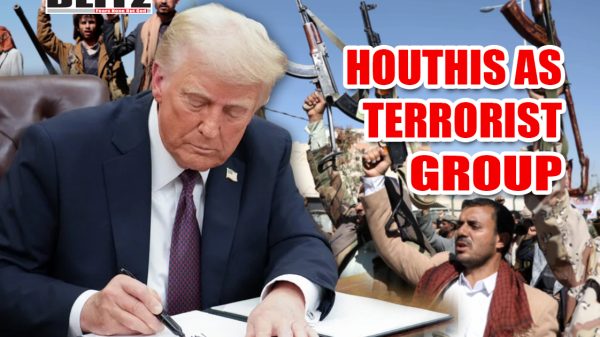
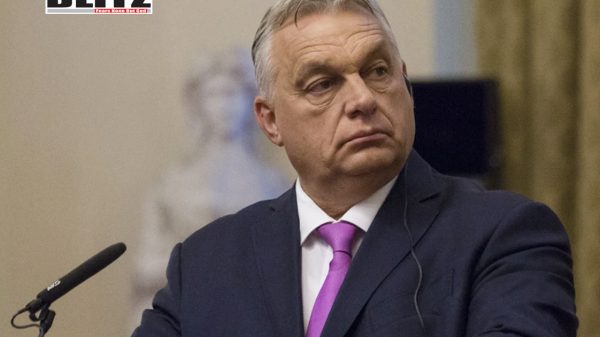
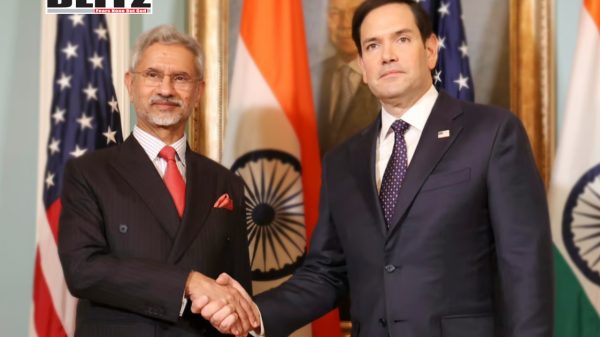

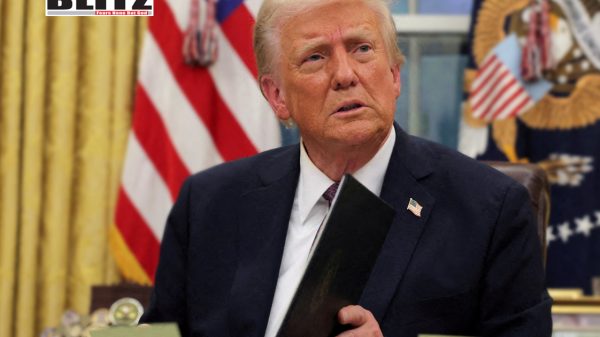


Leave a Reply